TSA self-screening could change how we fly
Air-travel passengers could soon be flying solo through security

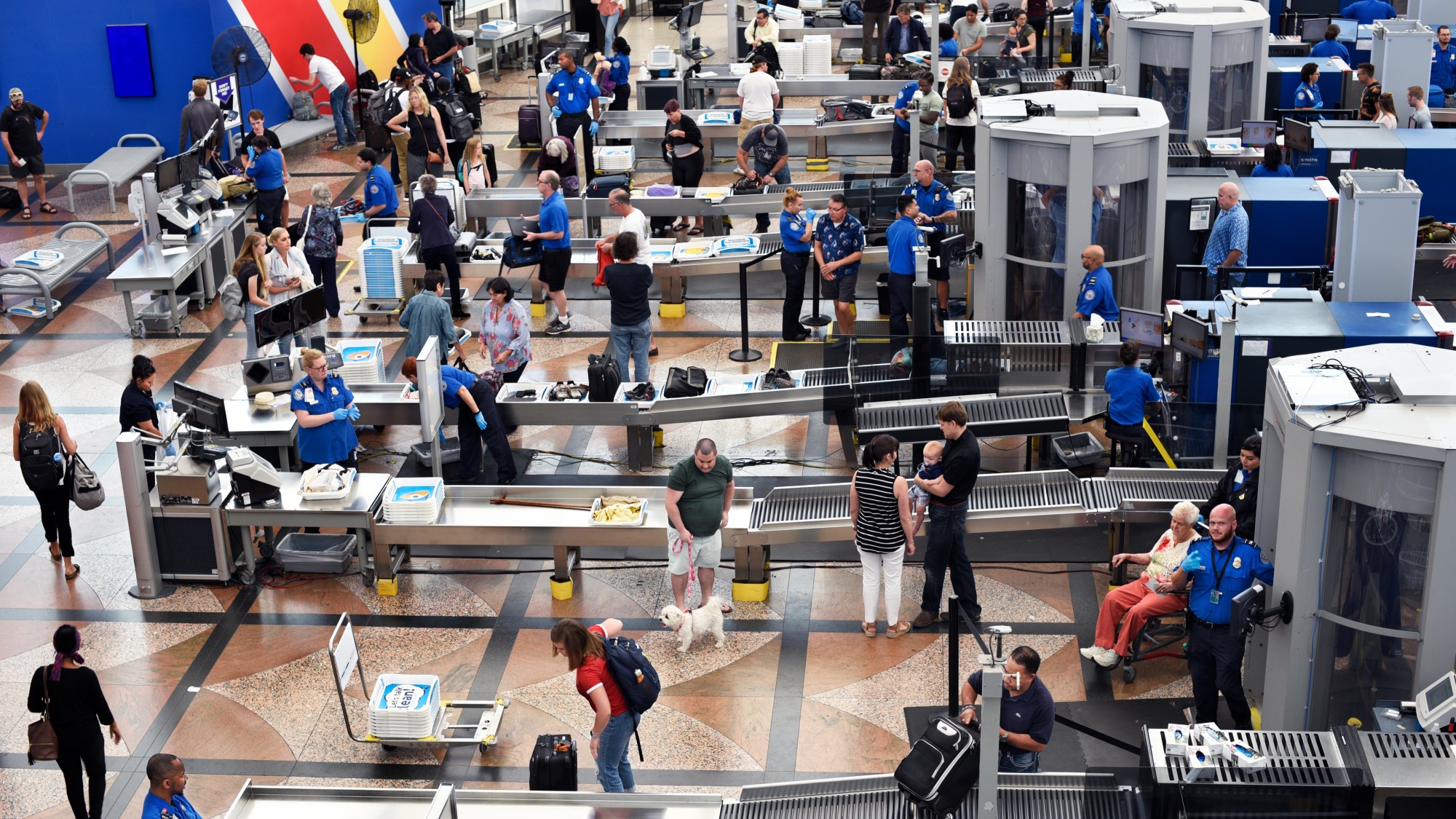
A free daily email with the biggest news stories of the day – and the best features from TheWeek.com
You are now subscribed
Your newsletter sign-up was successful
It's no secret that the air travel process can be long and stressful, especially when it comes to security screening. But the days of taking off shoes and emptying bags might be soon ending. The Department of Homeland Security is experimenting with a security self-screening system similar to a supermarket self-checkout, and the new system will be implemented for select passengers for the first time at Harry Reid International Airport in Las Vegas this year. Depending on the response, self-screening could become widespread, changing air travel entirely.
A new way to travel
The Transportation Security Administration (TSA) wants to increase airport efficiency by putting security screenings in passengers' hands. The Screening at Speed (SaS) program is "developing technology that would enable the scanning of walking passengers, acquiring data through most garments and reliably detecting a wider range of prohibited items regardless of concealment," according to the Department of Homeland Security. SaS program manager Dr. John Fortune explained in a statement, "Travelers will use passenger and carry-on screening systems at individual consoles or screening lanes themselves, reducing the number of pat-downs and bag inspections TSOs (Transportation Security Officers) need to perform and freeing their time to be reallocated to the busier aspects of screening operations." The system, not surprisingly, is expected to reduce wait times at security checkpoints.
The new SaS system will be tested at Harry Reid International Airport in Las Vegas starting in January 2024. Only TSA PreCheck passengers will be eligible to use the SaS technology for now. Based on passenger response, changes could be made to expand usage. "The ultimate goal of this is that it is all one-stop," Jeffrey C. Price, professor of aviation and aerospace at Metropolitan State University of Denver, told The Washington Post. "You go in and you show your ID. It scans you, it scans your bags, you leave your little kiosk and off you go to the plane." Fortune added, "Self-service screening is a big step toward creating novel, innovative solutions to build the airport of the future."
The Week
Escape your echo chamber. Get the facts behind the news, plus analysis from multiple perspectives.

Sign up for The Week's Free Newsletters
From our morning news briefing to a weekly Good News Newsletter, get the best of The Week delivered directly to your inbox.
From our morning news briefing to a weekly Good News Newsletter, get the best of The Week delivered directly to your inbox.
Technological innovation
The TSA will be employing new biometrics technology with the SaS system. "As you walk up, you don't need to have a human say, 'Come on in,'" Ha McNeill, a former TSA chief of staff, told the Post. "The e-gate opens and the machine screens your body. If there is something you have forgotten to divest … then the back gate doesn't open. It tells you to go back and take it out of your pocket and then come back in." Three different companies worked on prototypes for the self-screening mechanisms.
The TSA is still testing the prototypes to determine the most user-friendly one. Price explained that "there's going to be a massive learning curve with this," for both TSA personnel as well as passengers. Las Vegas is not the first location to test the machines. Over the past year, various prototypes were tested at Ronald Reagan Washington National Airport and in Atlantic City, and others will be tested in 2025. "We are very excited to see how far these capabilities have come in a relatively short amount of time," Christina Peach, branch manager for the TSA Innovation Task Force said in a statement. "The airport security experience that we've all come to know could soon look and feel a lot different — in a very good way."
While the new technology could revolutionize travel protocol, budget could be an issue. "The big challenge for TSA is money," T.J. Schulz, president of the Airport Consultants Council explained to the Post. "They just don't have the money to fully develop and deploy these advanced technologies." The systems along with their implementation are expected to cost more than $1 billion. Forbes commented, "In an environment where TSA often seems to be under fire for some shortcoming — poor performance on tests for detecting weapons, making the experience confusing and unpleasant for travelers and, especially, its expensive bloat — the new equipment may not satisfy critics."
A free daily email with the biggest news stories of the day – and the best features from TheWeek.com
Devika Rao has worked as a staff writer at The Week since 2022, covering science, the environment, climate and business. She previously worked as a policy associate for a nonprofit organization advocating for environmental action from a business perspective.
-
 Quentin Deranque: a student’s death energizes the French far right
Quentin Deranque: a student’s death energizes the French far rightIN THE SPOTLIGHT Reactions to the violent killing of an ultra-conservative activist offer a glimpse at the culture wars roiling France ahead of next year’s elections.
-
 Secured vs. unsecured loans: how do they differ and which is better?
Secured vs. unsecured loans: how do they differ and which is better?the explainer They are distinguished by the level of risk and the inclusion of collateral
-
 ‘States that set ambitious climate targets are already feeling the tension’
‘States that set ambitious climate targets are already feeling the tension’Instant Opinion Opinion, comment and editorials of the day
-
 Microdramas are booming
Microdramas are boomingUnder the radar Scroll to watch a whole movie
-
 The most downloaded country song in the US is AI-generated
The most downloaded country song in the US is AI-generatedUnder the radar Both the song and artist appear to be entirely the creation of artificial intelligence
-
 Rosalía and the rise of nunmania
Rosalía and the rise of nunmaniaUnder The Radar It may just be a ‘seasonal spike’ but Spain is ‘enthralled’ with all things nun
-
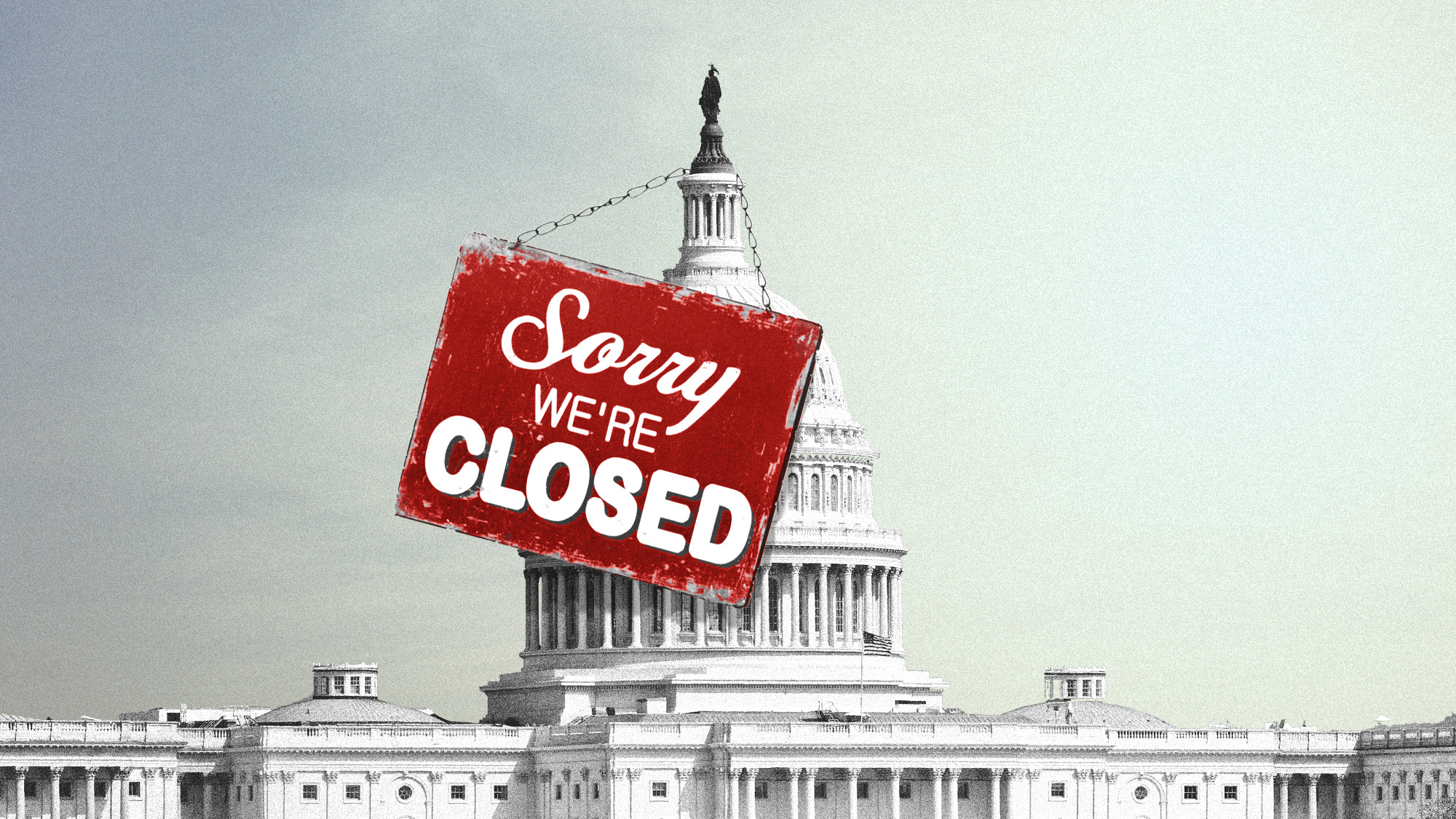 DC tourism has taken a hit
DC tourism has taken a hitUnder the Radar The government shutdown has reduced tourist attractions
-
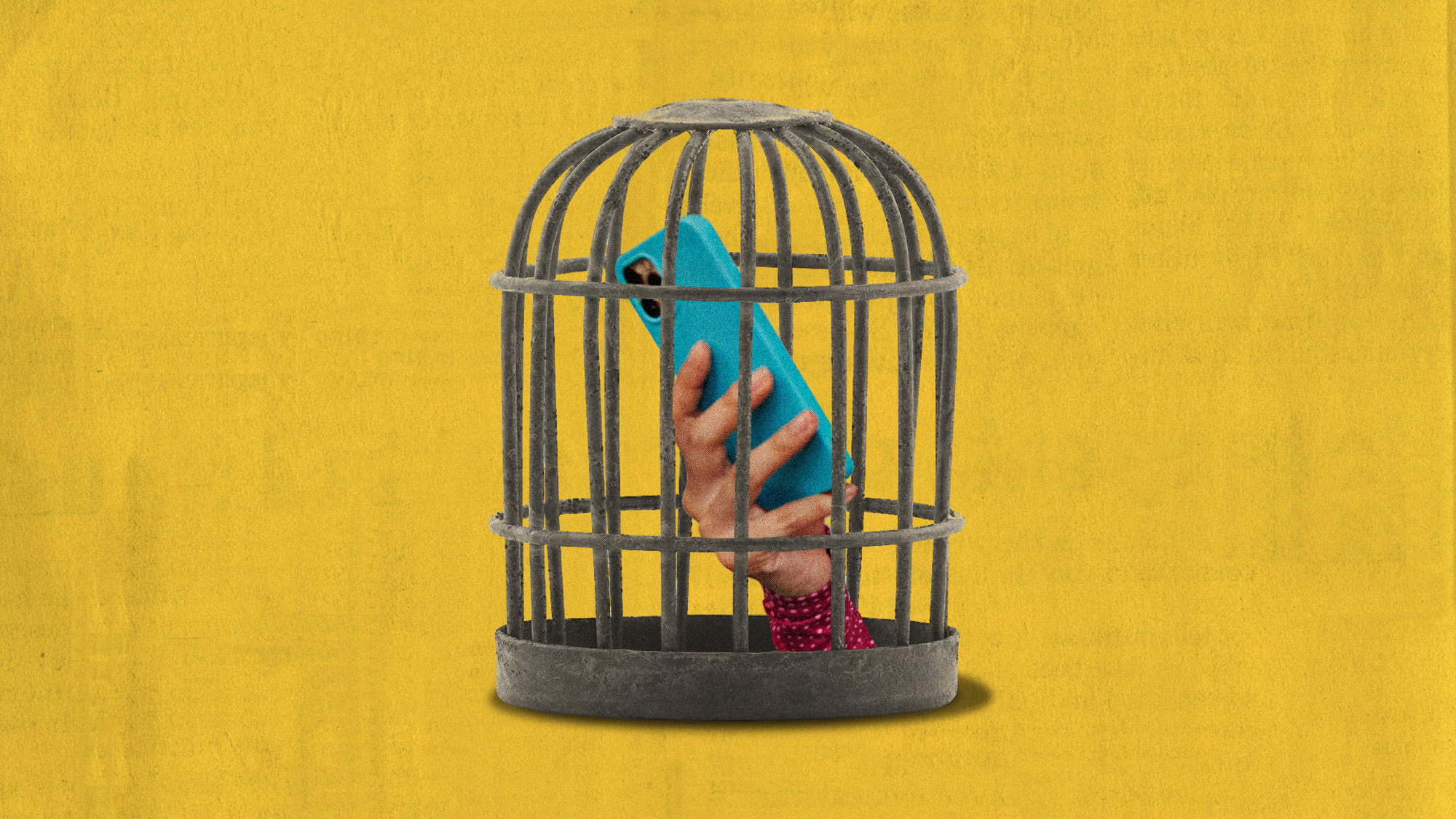 Back to the future: Kids embrace ‘old school’ devices
Back to the future: Kids embrace ‘old school’ devicesUnder the radar From MP3s to sewing machines
-
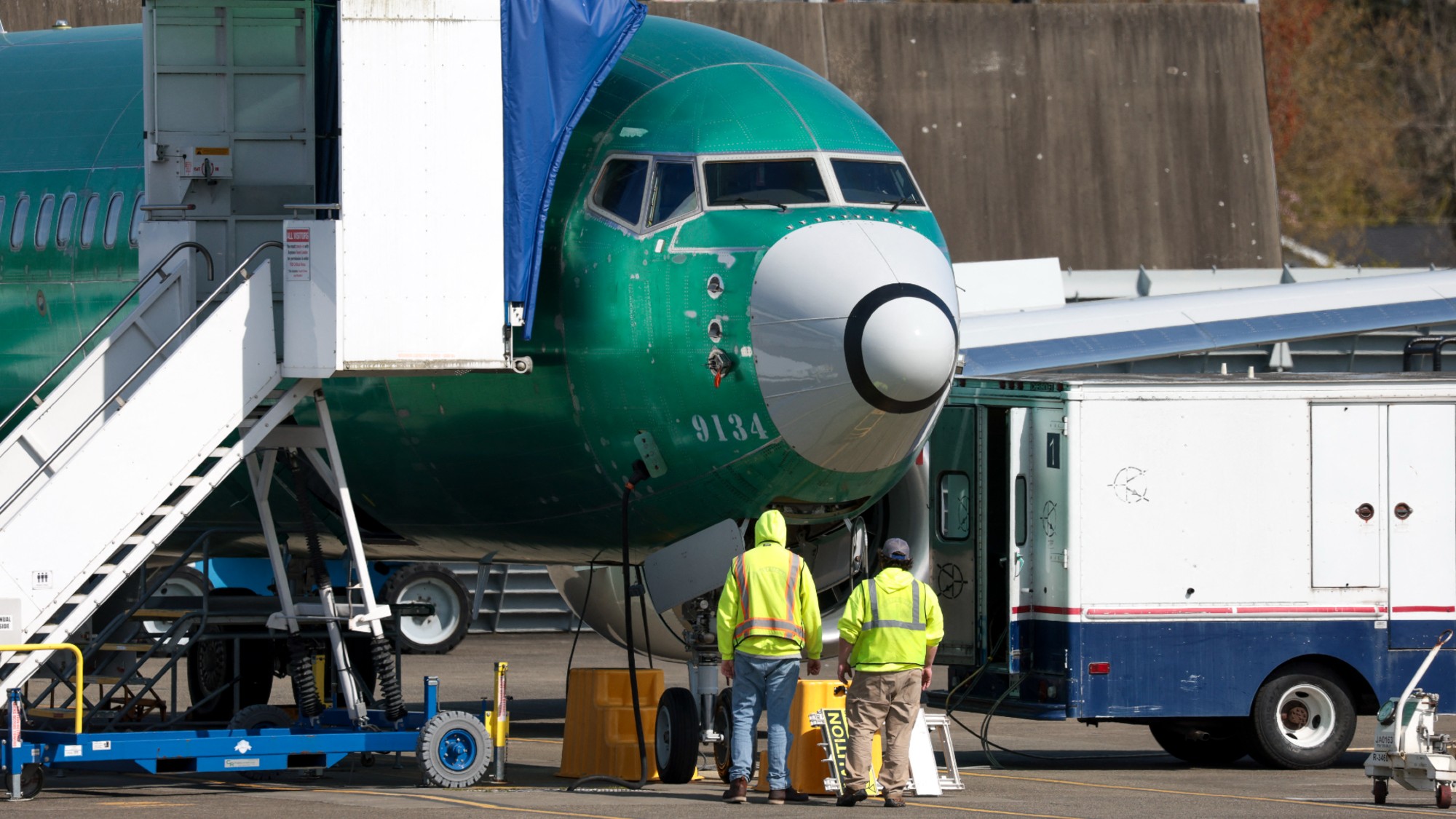 Questions abound over the FAA’s management of Boeing
Questions abound over the FAA’s management of BoeingTalking Points Some have called the agency’s actions underwhelming
-
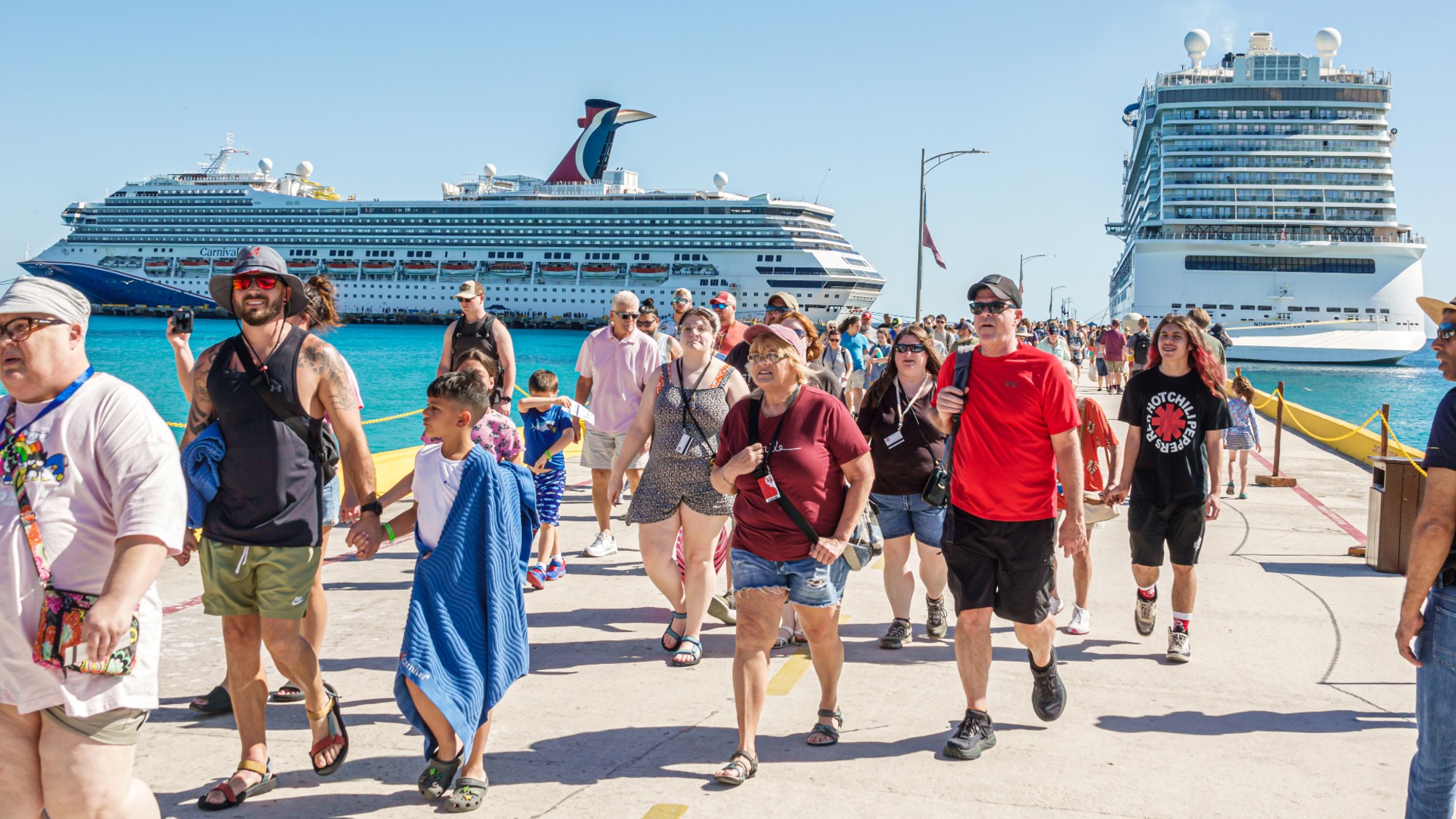 Trouble on the seas as cruise ship crime rates rise
Trouble on the seas as cruise ship crime rates riseThe Explainer Crimes on ships reached nearly a two-year high in 2025
-
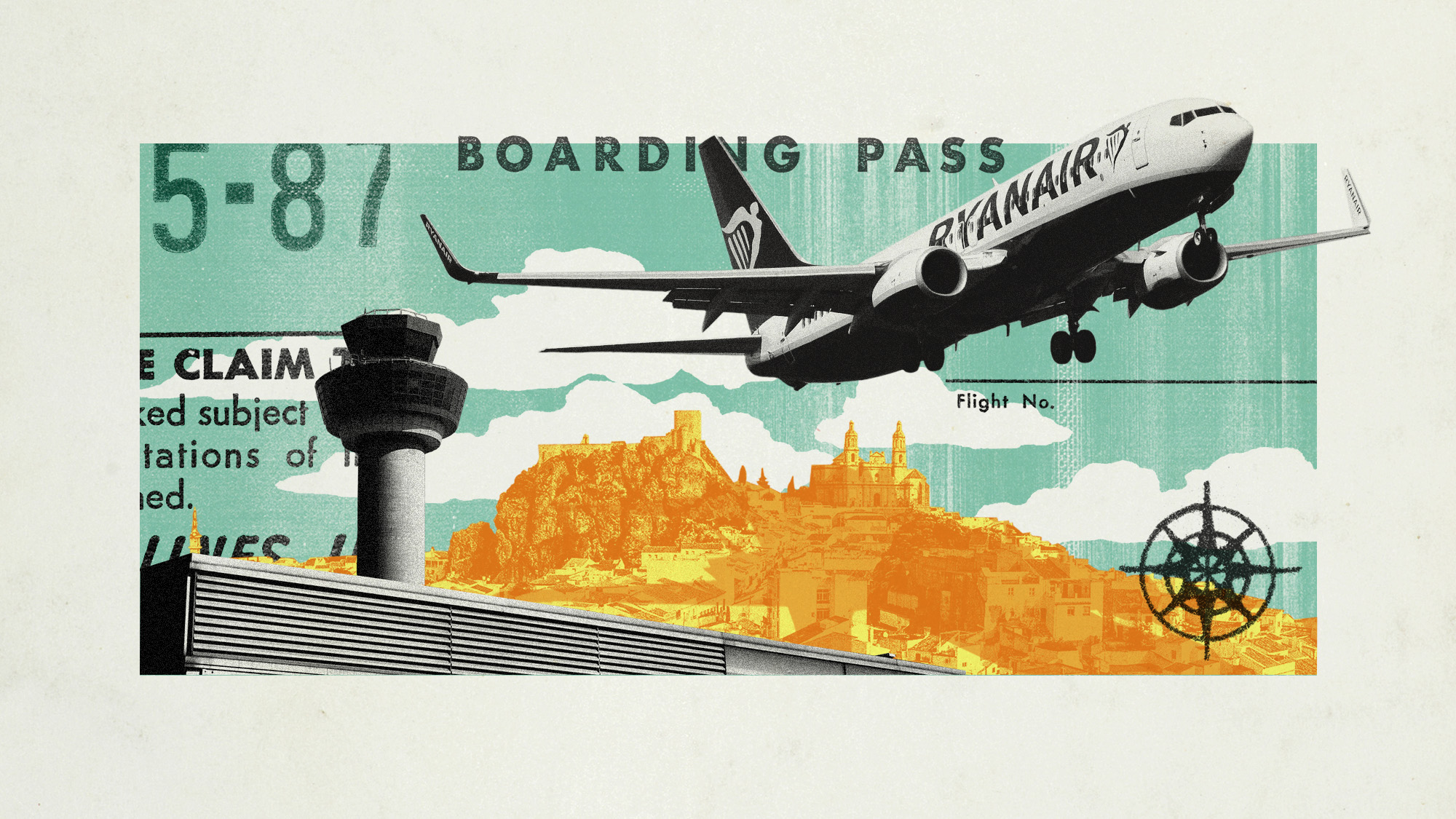 ‘Hypocrisy’ and ‘blackmail’: Ryanair’s feud with Spain
‘Hypocrisy’ and ‘blackmail’: Ryanair’s feud with SpainUnder the Radar Bitter row over rising fees sees the Irish budget airline slash a million seats on regional routes this winter
